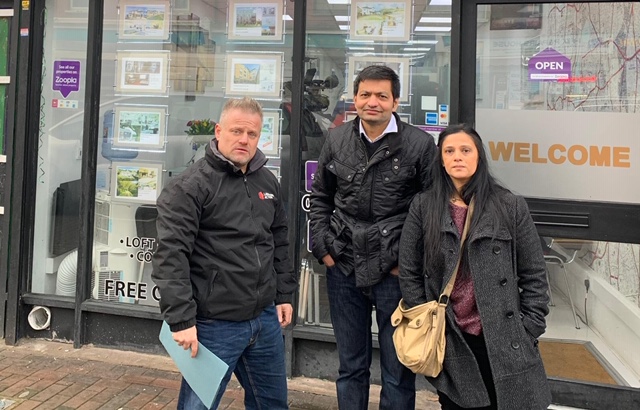The UK housing market showed some improvement last month but further interest rates increases by the Bank of England are expected to adversely affect demand for housing, and place downward pressure on prices in the coming months, according to the latest survey carried out by the Royal Institution of Chartered Surveyors’ (RICS).
The study found that the measure of new buyer enquiries rose to a net balance of -18, the least negative figure since -14 in May 2022 and up from -34 in April.
A gauge of agreed sales increased to -7 in May, up from April’s -18.
RICS’ house price balance, which measures the difference between the percentage of surveyors seeing rises and falls in house prices, increased to -30 last month from -39 in April.
But analysts are forecasting another slowdown for the housing market with markets largely expecting the BoE’s Bank Rate to peak at 5.5% later this year, up from the existing rate of 4.5%.
“It seems storm clouds are gathered, with the UK’s stubbornly high inflation likely undermining the recent improvement in activity,” Tarrant Parsons, senior economist at RICS, said.
The Bank of England has raised borrowing costs 12 times in a row since late 2021, and is expected to increase Bank Rate again to 4.75% on 22 June in an attempt to bring inflation down from its existing rate of 8.7%, and some mortgage lenders have raised their fixed mortgage rates as a consequence.
Reflecting om the latest data, Tom Bill, head of UK residential research at Knight Frank, commented, “The UK property market has been in recovery mode since the mini-Budget, but that process could be hampered by strong wage inflation, which is putting upwards pressure on core inflation and therefore mortgage rates.
“As more financial pain enters the system, we expect prices to fall by around 5% this year. That said, wage growth is one of the factors that should limit the scope of any declines, alongside low unemployment, record-high levels of housing equity, cash sales and longer mortgages.”








